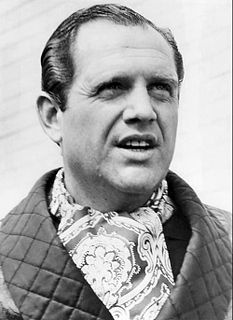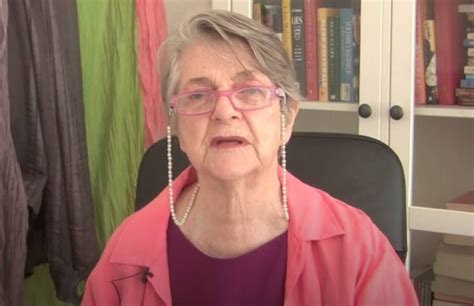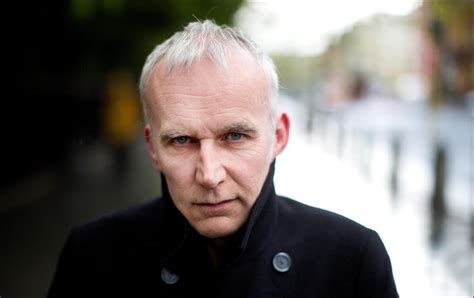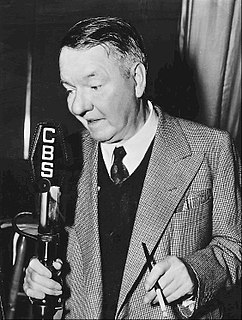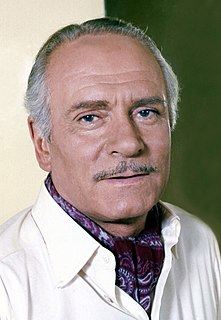A Quote by David Mamet
Storytelling is like sex. We all do it naturally. Some of us are better at it than others.
Related Quotes
Our sense of identity is in large measure conferred on us by others in the ways they treat or mistreat us, recognize or ignore us, praise us or punish us. Some people make us timid and shy; others elicit our sex appeal and dominance. In some groups we are made leaders, while in others we are reduced to being followers. We come to live up to or down to the expectations others have of us.
We like layers of character and personality in our storytelling. We like very distinctive, unique personalities interacting with each other. And I think, because there are two of us, and we're a collective, we identify with that. We call it the mastermind principle: Two minds aren't doubly better than one - they're exponentially better than one.
Human beings are not comparable. You can't compare us any more than you can compare roses and oranges, or mountains and the sea. You might prefer living by the sea to living in the mountains. You certainly like some people better than you like others. Preferences are perfectly valid...they're just your style asserting itself again. But you'd feel pretty silly saying 'The sea is better than the mountains.' It's every bit as silly to go around saying 'I'm better than Mary, but Joe is better than me.'
I hadn’t seen any novel make the statement that entering the workforce was like entering the grave. That from then on, nothing happens and you have to pretend to be interested in your work. And, furthermore, that some people have a sex life and others don’t just because some are more attractive than others. I wanted to acknowledge that if people don’t have a sex life, it’s not for some moral reason, it’s just because they’re ugly. Once you’ve said it,
it sounds obvious, but I wanted to say it.
I just wonder what has been the effect on the human soul of nearly a century in which we have regarded sex on screen as generally better than the sex we actually have, the sex which is, in fact, much better than anything we have seen in the movies, becuase it's sex, after all, and in the movies, it isn't.
The pretention that some of us are better than others, I don't think is a very good thing. And who is contributing what to our progress in science is not so obvious and many who don't get that Nobel Prize are better than people... than some of us that do get the Nobel Prize. I think we should not be interested in prizes, we should be interested in learning about nature.
I am concerned about epistemic normativity, and I don't think that it is just a hangover from a priori and armchair approaches. Some ways of forming beliefs are better than others, and epistemologists of all stripes, I believe, have a legitimate interest in addressing the issue of what makes some of these ways better than others.
When we love others, we naturally want to talk about them, we want to show them off, like emotional trophies. We invest them with a power to do to others what they do to us; a vain hope, as the lovers of others are rarely of much interest to us. But we listen in patience, as friends must, and as Isabel now did, refraining from comment, other than to encourage the release of the story and the attendant confession of human frailty and hope.

